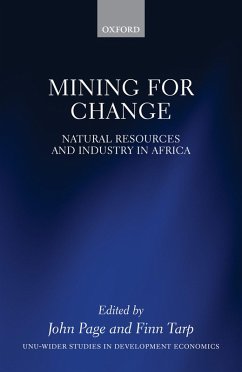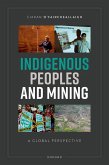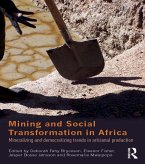For a growing number of countries in Africa the discovery and exploitation of natural resources is a great opportunity, but one accompanied by considerable risks. Countries dependent on oil, gas, and mining have tended to have weaker long-run growth, higher rates of poverty, and greater income inequality than less resource-abundant economies. For these resource producing economies relative prices make it more difficult to diversify into activities outside of the resource sector, limiting structural change. Mining for Change: Natural Resources and Industry in Africa presents research undertaken to understand how better management of the revenues and opportunities associated with natural resources can accelerate diversification and structural change in Africa. It begins with essays on managing the boom, the construction sector, and linking industry to the major issues that frame the question of how to use natural resources for structural change. It reports the main research results for five countries-Ghana, Mozambique, Uganda, Tanzania and Zambia. Each country study covers managing the boom, the construction sector, and linking industry to the resource. Mining for Change argues that good policy can make a difference and sets out ideas for policy change and widening the options for structural change. . An open access title available under the terms of a CC BY-NC-SA 3.0 IGO licence.
Dieser Download kann aus rechtlichen Gründen nur mit Rechnungsadresse in A, B, BG, CY, CZ, D, DK, EW, E, FIN, F, GR, HR, H, IRL, I, LT, L, LR, M, NL, PL, P, R, S, SLO, SK ausgeliefert werden.









